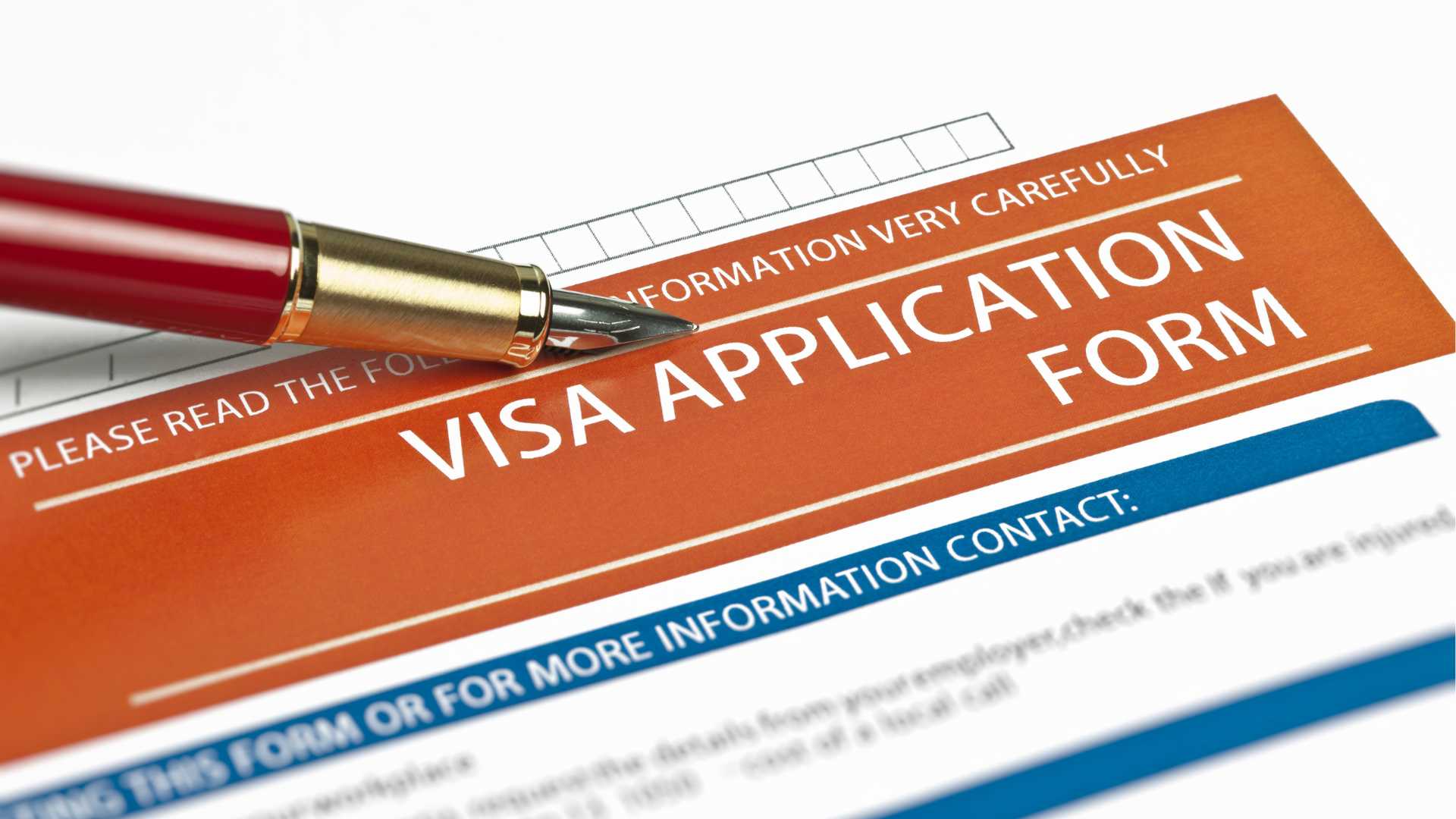
Seven top tips to remember when applying for a visa
Applying for a visa can be a little intimidating, especially if it’s your first time. Here are seven top tips to help your chances…

Applying for a visa can be a seriously daunting task, but with careful planning and attention to detail, you can definitely navigate the process smoothly. Here are seven top tips to help increase your chances of success…
1. Understand the requirements
The first step in applying for a visa is understanding the specific requirements for the visa type you need. Every country and visa category (such as tourist, work, student, or transit visas) has its own set of criteria. It’s crucial to thoroughly research the visa you’re applying for by checking the official website of the embassy or consulate of your destination country.
Eligibility criteria often include financial stability, health requirements, and proof of strong ties to your home country. For example, a tourist visa might require evidence of sufficient funds to cover your stay, while a student visa might require an acceptance letter from an accredited institution. Make sure you meet all these requirements before proceeding with your application.
2. Organise your documents
Proper documentation is the backbone of a successful visa application. Begin by creating a checklist of all the necessary documents. Commonly required items include a valid passport, a completed visa application form, recent passport-sized photographs, a detailed travel itinerary, proof of accommodation, and financial statements. If you’re visiting friends or family, an invitation letter might also be required.
It’s also wise to make photocopies of all your documents, including your passport and visa application form. You should also scan and save digital copies in case you need to access them during your travels. If any documents are in a language other than the official language of the country you are applying to, you may need to provide certified translations. Notarization might also be necessary for certain documents.
3. Complete the application accurately
Accuracy is critical when completing your visa application form. Even minor errors, such as misspelled names, incorrect passport numbers, or mismatched dates, can lead to delays or even denial of your visa. Double-check every detail before submitting your application.
Always provide truthful and accurate information. Misrepresentation or false information can not only result in your application being denied but can also affect future visa applications. If the application requires additional details, such as your travel history or employment background, be thorough and consistent with the information you provide. Any discrepancies might raise red flags with the visa officer.
4. Prepare for the visa interview
For some visa types, an interview may be part of the application process. Knowing what to expect and preparing accordingly can make a significant difference. Research common questions related to your visa type. Interviewers will mostly ask about your purpose of travel, your ties to your home country, and how you plan to support yourself during your stay.
It’s important to also bring additional supporting documents to the interview. These could include proof of employment, property ownership, or family ties in your home country – anything that demonstrates your intent to return home after your visit.
Practicing your responses to potential questions can help you feel more confident during the interview. Keep your answers clear, concise, and consistent with the information provided in your application. Dressing appropriately and arriving on time also makes a positive impression.
5. Submit your application early
Visa processing times vary widely depending on the country and type of visa. To avoid last-minute stress, start your application process well in advance of your planned travel date. Submitting your application early gives you enough time to address any unexpected issues that may arise, such as requests for additional documentation or delays in processing.
If you have an emergency or need to travel urgently, check if the embassy offers expedited processing. However, be prepared to provide evidence of the emergency, such as a medical certificate or a letter from your employer.
6. Stay informed and follow up
After submitting your application, stay informed about its progress. Most embassies provide tracking services for applications, allowing you to monitor your application status. Knowing when your visa is processed and when to expect your passport back can help you plan your travel more efficiently.
If the embassy contacts you for additional information or documents, respond promptly to avoid delays. Once your application is approved, familiarize yourself with the conditions attached to it. This includes understanding the allowed duration of stay, any work permissions, and entry restrictions. Violating these conditions can lead to penalties or complications with future visa applications.
7. Consult a professional if needed
If your application is particularly complex or if you have been denied a visa before, it might be beneficial to consult with an immigration lawyer or visa consultant. These professionals can provide tailored advice, help you navigate complicated situations, and improve your chances of a successful application.